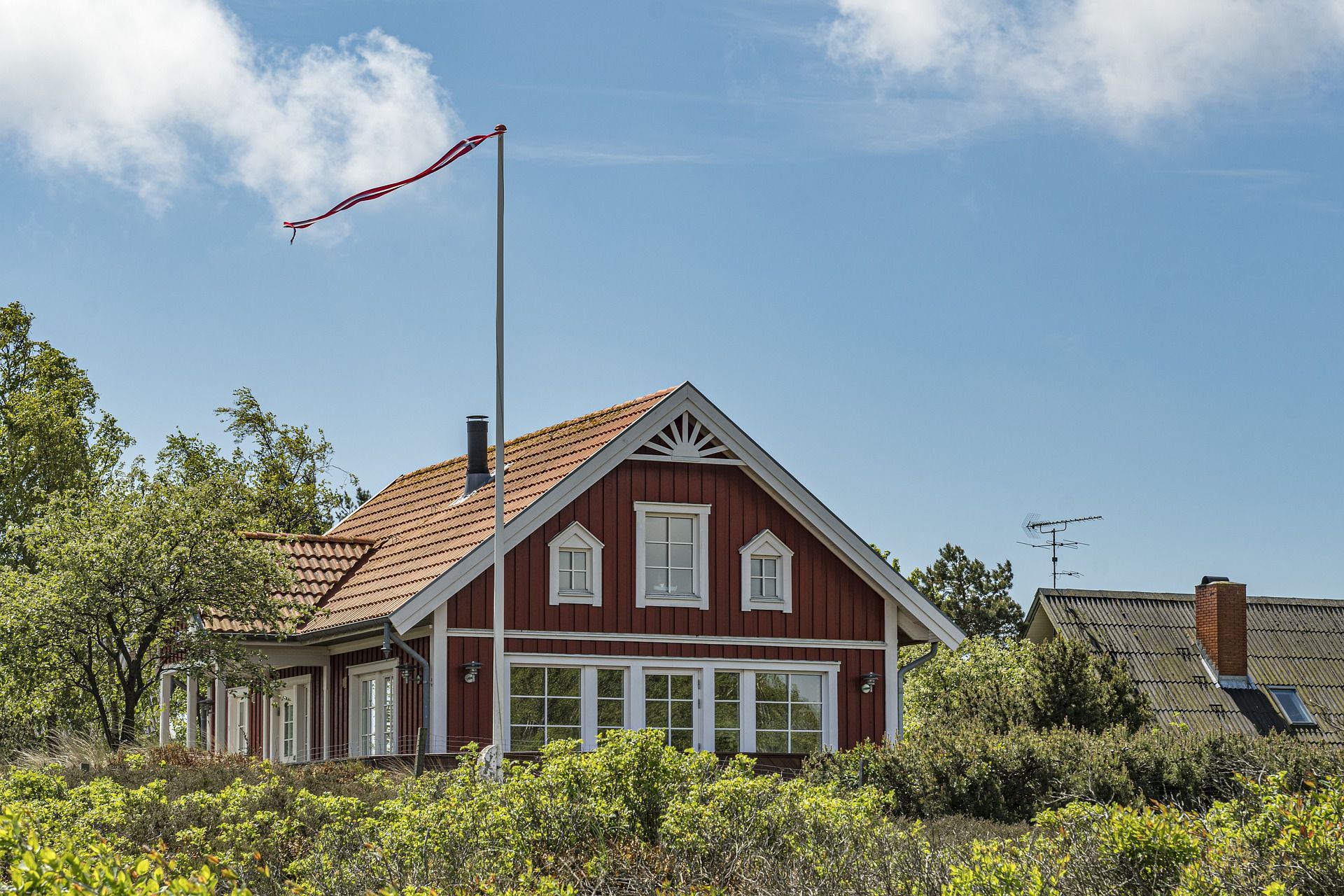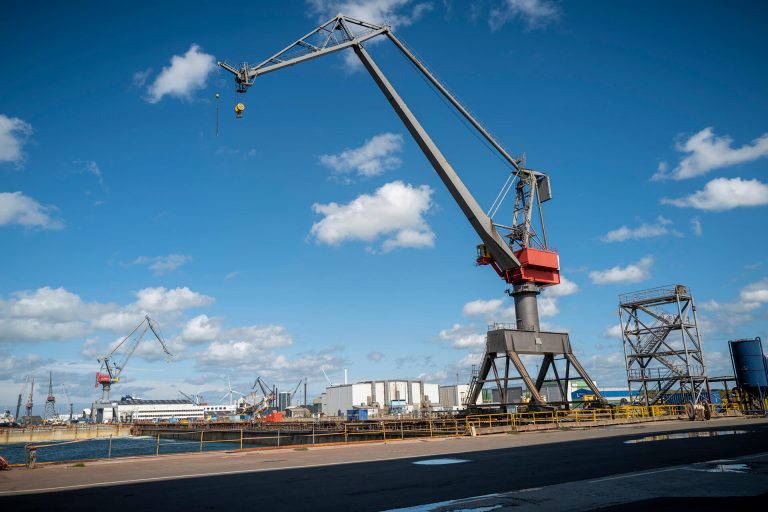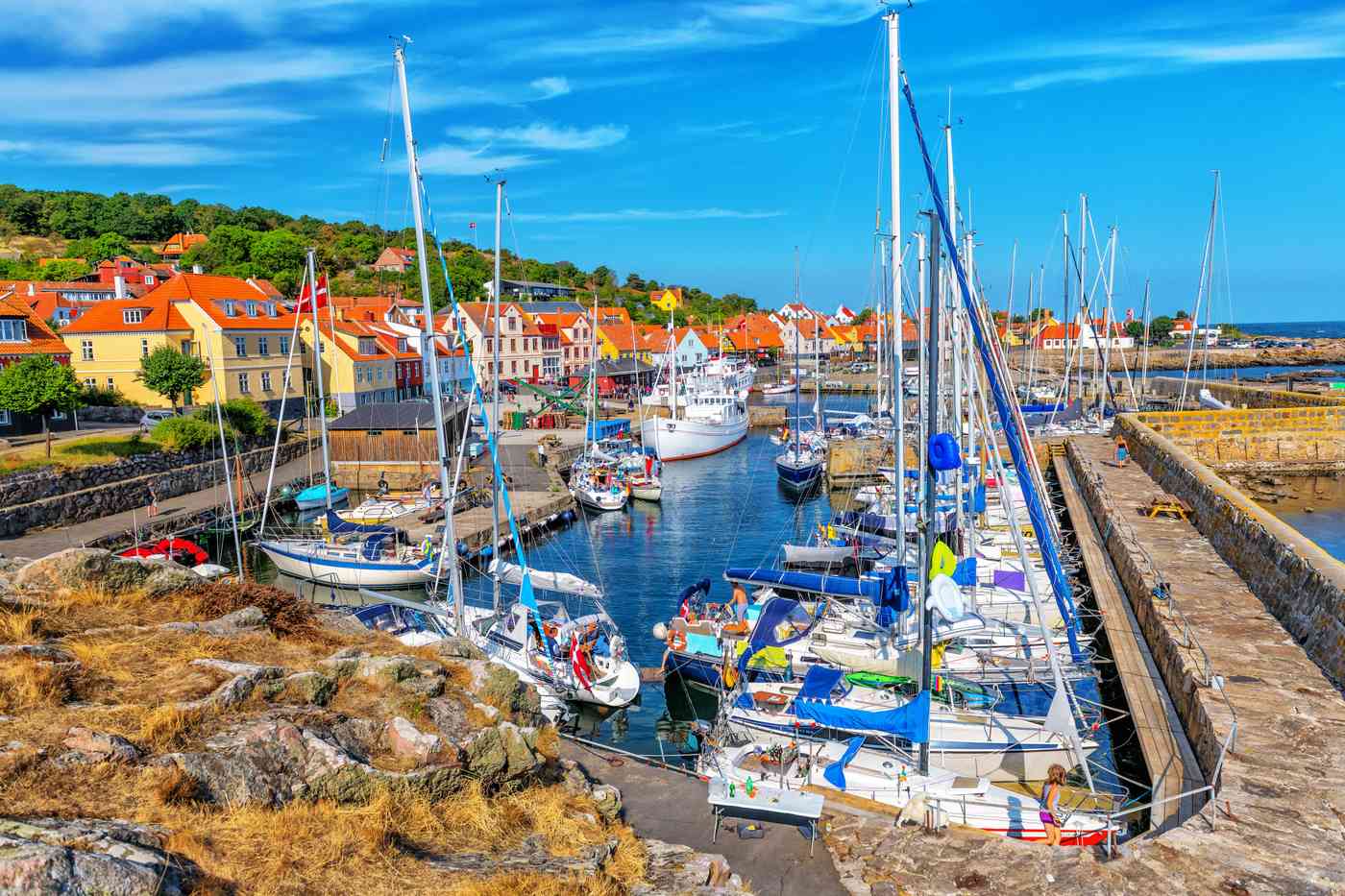House prices might have fallen 9.7 percent since mid-2022, but buying one has not become more affordable, according to Finans Danmark, the financial sector’s interest group.
According to figures relating to the first quarter of 2023, the average first-time buyer would need to have an annual income of 775,000 kroner to afford the necessary mortgage to buy a 140 sqm house – a year-on-year rise of 55,000 kroner, the largest rise since Finans Danmark started recording figures in 2012.
The increase is the result of a rapid rise in interest rates.
Crazy expensive in urban areas
The figures, which are based on the assumption the buyer will need to borrow 95 percent of the value of the property, make for even harder reading in Denmark’s major cities.
In Copenhagen, a first-time buyer would need 1,208,634 kroner, in Aarhus 927,139 kroner, and in Odense 733,646 kroner – while the most expensive of all municipalities is Frederiksberg (1,444,140).
It accordingly makes sense for first-time buyers to consider buying a house and commuting to work. For example, in Hvidovre near Copenhagen, the cost would be 1,036,801, and in Odder near Aarhus, 733,523, so an annual reduction of nearly 200,000 kroner in each case.
Could prices fall further?
“If anyone had an expectation that it would be easier to enter the housing market because prices have fallen, then we just have to say that the picture is completely different,” Ane Arnth Jensen, the deputy managing director of Finans Danmark, told Jyllands-Posten’s financial section Finans.
Jensen speculates that prices could fall further, as buyers will most likely put pressure on sellers to lower their prices, but that it might take time before “an equilibrium” is found.
“When there is a gap, like the one we have seen, it is usually an indication that there may be further pressure on prices. Where it lands, no-one knows,” she said.














